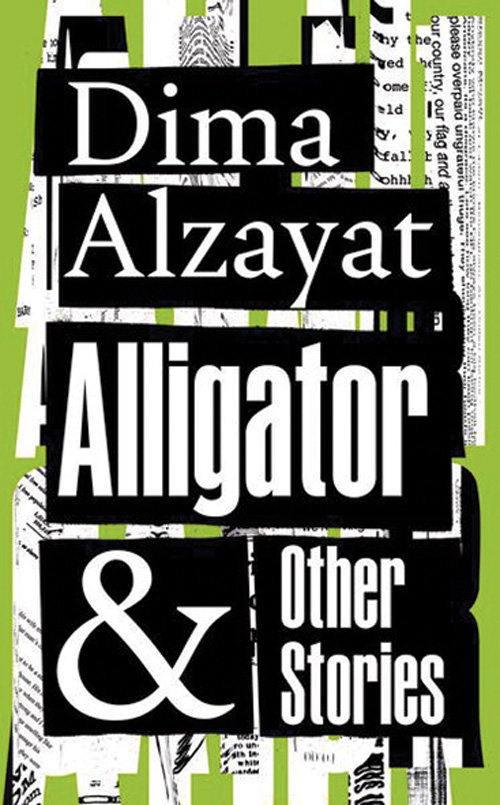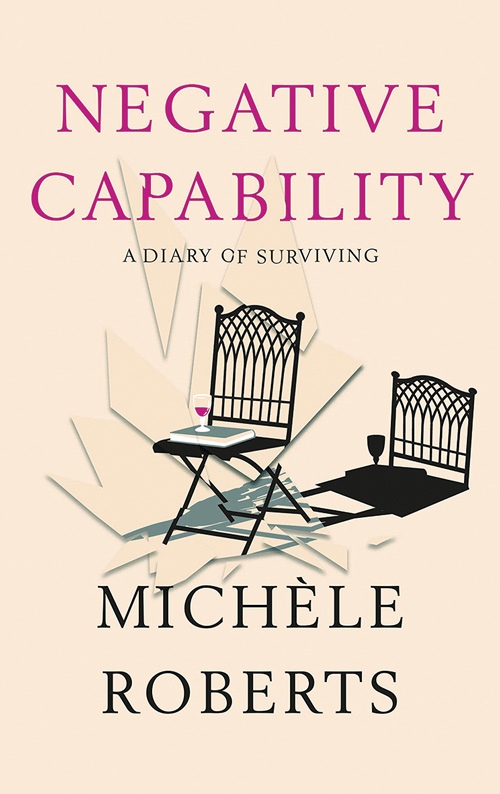SO audacious and accomplished is the centrepiece of Dima Alzayat’s Alligator & other stories – inspired by the 1929 lynching of a Syrian man in Florida – you have to keep reminding yourself this is her debut collection.
With the assurance of an old hand, the American-Syrian author spins a tale of intergenerational trauma from a collage of old newspaper cuttings and witness statements, along with imagined emails, chat forum posts and monologues by various descendants. It’s a risky enterprise, requiring the reader to move backwards and forwards in time, and to figure out how the disparate voices are related. But, as with any good jigsaw, the effort pays off as the pieces come together to form a vivid picture: of a country scarred by racism; and an extended family haunted by a historic act of violence.

Nor is Alligator a one-off. The collection yields hit after hit, with Alzayat navigating shifts in style, tone and structure with ease. In Once We Were Syrians, we eavesdrop on a woman taking her granddaughter to task over an essay she has written. On she goes, part-cajoling, part hectoring the girl, answering questions only she can hear, as she circles and eventually confronts her own past. In Ghusl, we watch a young woman perform the ritual washing of her brother’s body, her erratic thoughts at odds with her painstaking movements.
Alzayat’s writing is always sharp, but there are moments when it is sublime
If there is a unifying theme it is that of the “outsider”, but in the loosest sense, so it encompasses a female intern sexually harassed by her boss, and an orphan farmed out to foster parents. Alzayat’s writing is always sharp, but there are moments when it is sublime. Another story – In the Land of Kan’an – sees married Farid battling with his homosexuality. With his wife away on a work trip, he tries to resist his carnal temptations by reciting the Quran. His lips “linger on each sound, savouring it as it leaves his tongue”. As he recites “inimitable verses more eloquent than poetry”, he achieves “ a resplendent euphony belonging to no land, floating in the ether between Paradise and earth” – a perfect expression of religious sublimation.
Where Alzayat is a dizzying new talent on the cusp, Michele Roberts is an established author in the professional doldrums. After her agent and publisher find fault with her latest novel, she looks for ways to cope with her sense of failure. To keep herself grounded, she starts a diary and the result is the memoir Negative Capability – or at least that’s the conceit.

Roberts nurses her wounded pride across two homes – one in London, the other in France – a couple of Airbnbs, and elegant apartments/houses owned by her many friends. Roberts’ meanderings take her to flea markets, bookshops and galleries, to small social gatherings and big noisy parties. She is a good companion: generous enough to be likeable, yet prickly enough to be interesting, and her descriptions of the food she eats along the way are mouthwatering.









